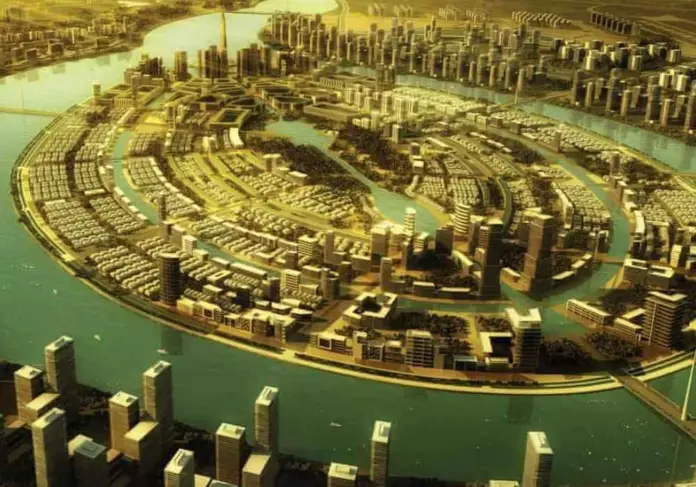Lahore High Court (LHC) Justice Shahid Karim on Sunday stressed the need for a halt to the acquisition of agricultural land to build housing societies as they were causing adverse effects on the country’s natural resources. Due to the acquisition of lands for housing societies, food security issues will become more aggravated, which will directly hamper our national security.
He expressed these views while addressing a session on ‘Climate Change and Floods in Pakistan’ during the Asma Jahangir Conference held at a local hotel here in Lahore, which was moderated by Rina Saeed Khan, where Ali Tauqir Sheikh, Baba Jan, Ahmad Rafay Alam, and Naz Baloch were among the key speakers.
The conference was hosted by AGHS Legal Aid Cell and Asma Jahangir Foundation in collaboration with the Supreme Court Bar Association of Pakistan and the Pakistan Bar Council. As many as 150 international and national guest speakers, including senior members of the judiciary, members of the national and foreign legislatures, lawyers, journalists, activists, and representatives from the government, participated in the conference.
Speaking at the session, Justice Shahid Karim said that he had ordered to stop the acquisition of agricultural land in the Ravi Urban Development Authority (RUDA) case. He informed the session that he had also revoked the old colonial law of acquiring agricultural land in the name of building infrastructure. “Building housing societies on agricultural land should be stopped now,” he stressed.
“The new name of national security is now food security,” he said, pointing out that the concept of secure life was in the constitution, and he added that many judgements of the court were nothing but good paintings.
Justice Shahid also said that he had heard a petition on the improvement of environmental pollution in 2018. “The petition on environmental pollution has been pending in the court.”
He stressed that there is much more to be done for the preservation of the environment. “Our constitution is a social link between the people and the state, and Article 9 of the Constitution guarantees life.”
The judge also claimed that it had been decided to do something practically then. “A notice was taken on the wastage of water in mosques, and this water is now conserved,” he said, adding that the waste water of ablution from Data Darbar Masjid was also being conserved, which is being used by the Parks and Horticulture Authority to irrigate the garden of Minto Park. He also stated that the waste water from service stations was also being used by PHA.
Justice Shahid Karim said that after court orders, various housing societies were made to pay water charges to the Water and Sanitation Agency (WASA). To resolve the accumulation of rain water at Mall Road and Lawrence Road during the monsoon season, WASA has established at least three underground water storage tanks, which will help the city to recharge the groundwater.
Speaking about the issue of air pollution, Justice Shahid Karim said departments have been ordered to implement the shifting of brick-kilns on zig-zag technology. “A large number of brick-kilns have been shifted to this technology in the province. A few days back, there was sunshine and things were visible even in the month of October, which is very unusual,” he said.
Climate change activist from Gilgit Baltistan, Baba Jan, in his emotional speech, said that the people of Pakistan own K-2 but not Gilgit-Baltistan. “Gilgit Baltistan is on the verge of destruction, but authorities are unconcerned about taking up the issue,” he said.
“Nobody is there to question the rampant destruction of natural resources,” Jan said and lamented that with the change of governments in Pakistan, they remained deprived of their rights.
He said that the GB region was running without any government but under some orders from central authorities. “The people of GB have been tolerated for decades, but their patience is running out,” he said, adding that there was an urgent need to invite international experts to conduct studies for the future of GB, or there would be nothing left but regret.
Naz Baloch, PPP leader and parliamentary secretary, said that Pakistan lacked the resources to deal with the challenges of climate change. She said that the government was putting effort into mitigating the challenges and, in this regard, it was seeking foreign aid.
“Due to climate change, our glaciers are melting rapidly. Glacial Lakes Outburst Floods (GLOF) have become a permanent threat not only to the northern areas but to the country as a whole, and the government is seriously dealing with the issue,” she continued.
Ali Tauqir Sheikh said that climate change vulnerability has become a local issue now. “To deal with the issue at the local level, we need to strengthen the local governments,” he said.
He said that the problems owing to climate change in the UK are not a local issue but a matter of around two billion people in the region.







